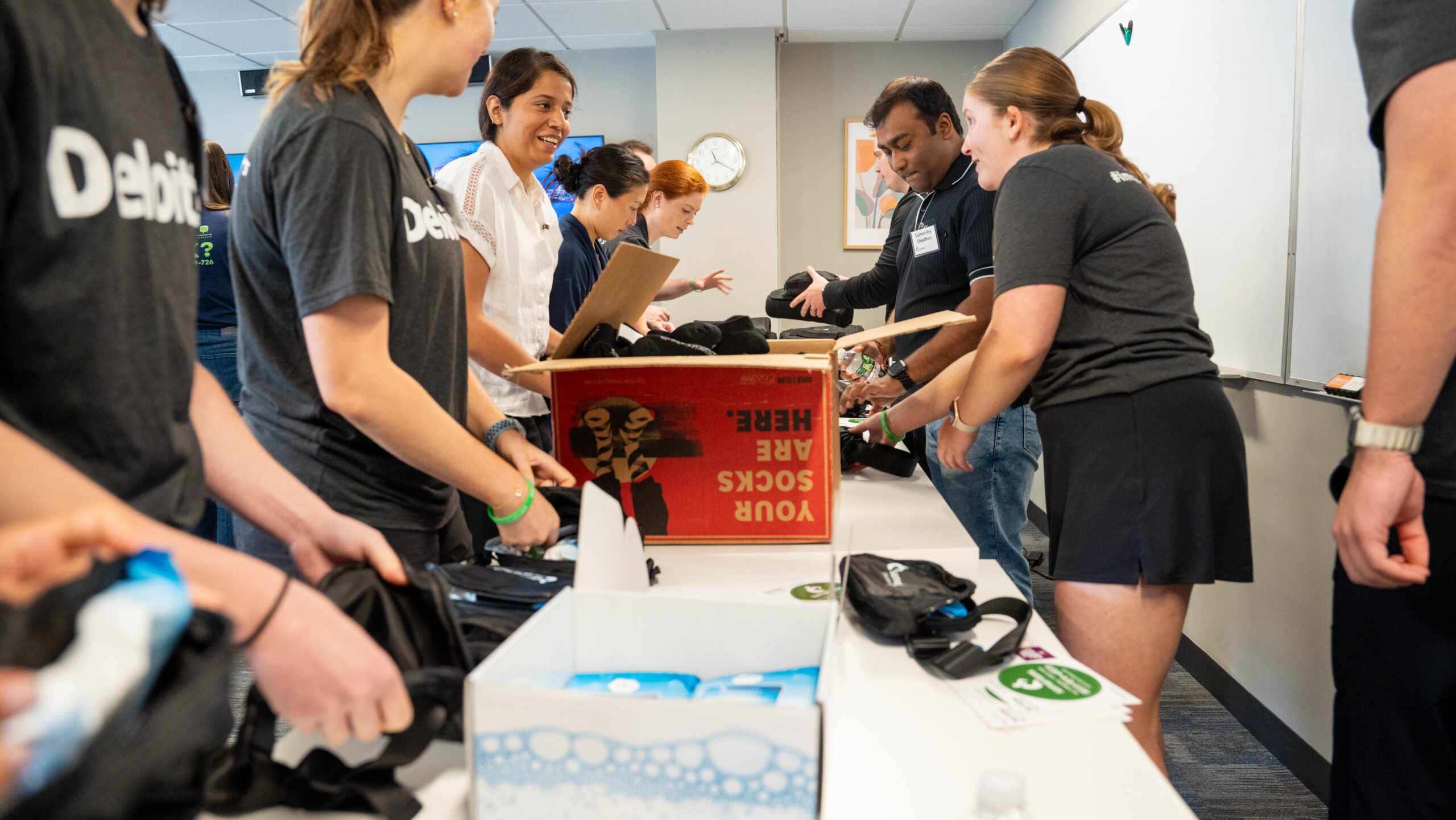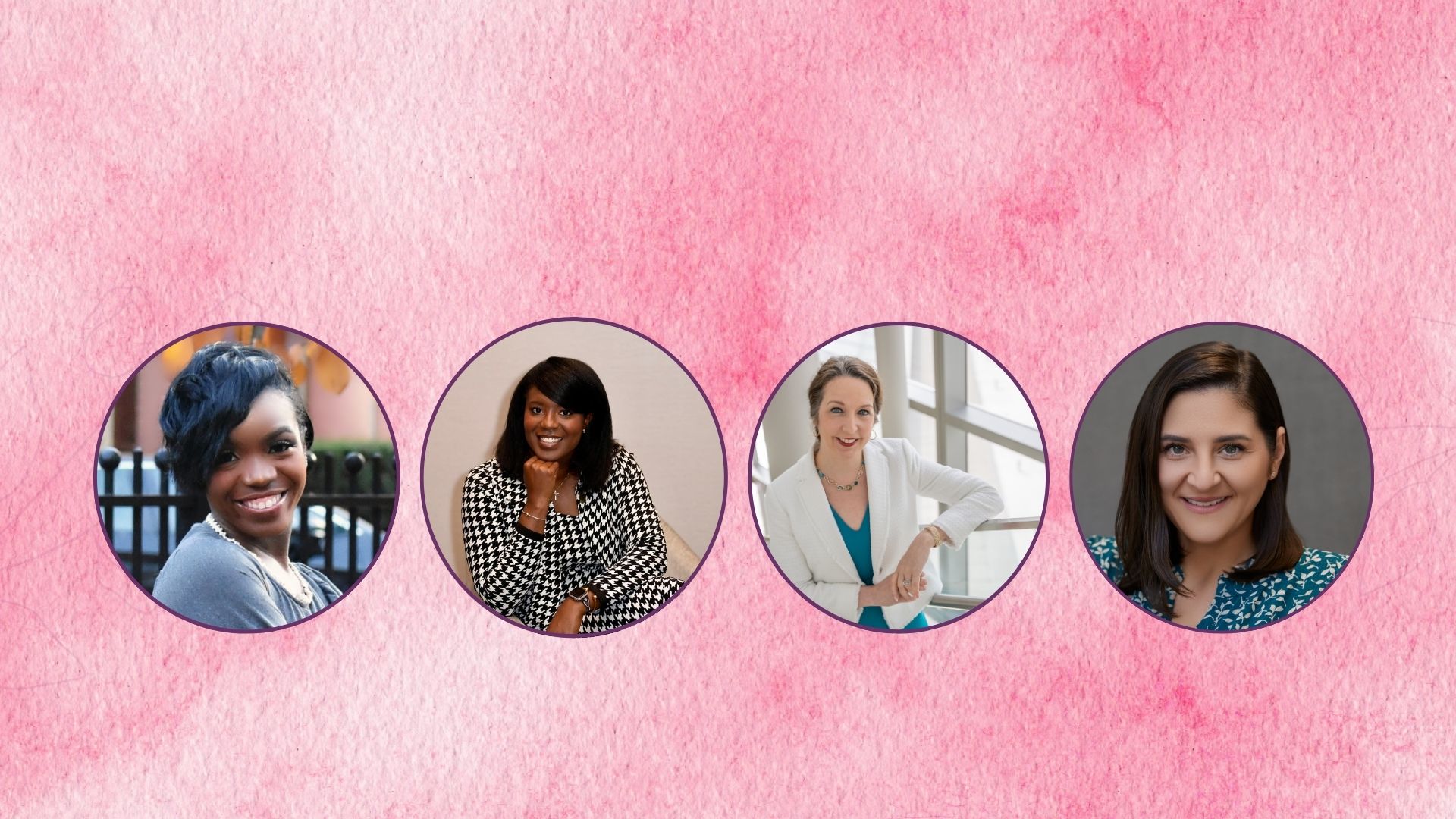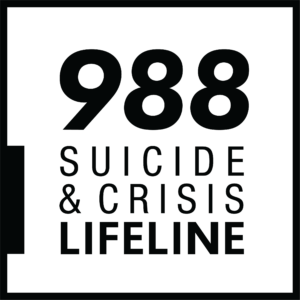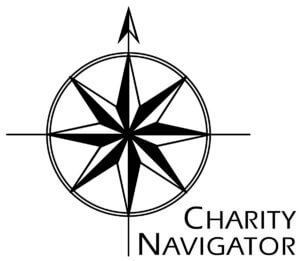In February 2019, Maria Sallese lost her son, Mario, to suicide when he was 26 years old. And in June 2019, Maria began attending SafePlace support groups to help her navigate her grief and loss. While the pain remains, Maria says that being able to still find peace in the midst of it all has become a sort of superpower of hers. Maria is now a Samaritans donor and a team captain for our annual 5K race. We thank Maria for her courage in sharing her story and experience.
If I asked your friends to describe you, what words do you think they would use?
Oh, that’s a hard question. Kind, I think. I don’t like to be called strong, but they would say that I’m strong. I’m not a fan of that word when it comes to my situation because I think you don’t have any choice. It’s not a matter of strength; it’s a matter of survival.
What is your connection to suicide and mental illness? How have they been a part of your life story?
My son struggled for many years with anxiety and depression from a very young age. It’s not like I knew he was going to take his life. I never imagined he would take his life. But I also know what he battled every day. He tried different medications. He was actively in counseling at the time of his death. I just think he got tired of taking up that battle every day. For people who have lost someone, hearing a campaign say that suicide is preventable it kind of makes you feel responsible and ask yourself, “Then why couldn’t I have prevented it from happening?” I mean there were signs. But when you are living with someone who has battled depression and anxiety, some of those signs are things you always saw. Hindsight is very cruel that way.
What are some of those signs that you think about in hindsight?
He was very withdrawn, but then all of a sudden he was very uplifted and talking about plans for the future. I think that’s because he was already at the point that he had made his decision that he was going to take his life. On the weekend that he took his life, we had an 80th birthday party for my dad, and there was a lot of family there. Everyone was talking about how great Mario looked and how he seemed so happy. And then the following day, he took his life.
What was Mario like?
Oh goodness…He was funny. He was sarcastic. He was loving. He was just such a joy. He was kind. Everything about him was kind. And he was sensitive. He never hung up the phone without saying, “I love you” and he never walked out the door without giving you a hug. He was also a worrier and he carried the weight of the world. He hid that well from most.
He sounds like an incredible soul. And in your grief after this unimaginable loss, you decided to start attending Samaritans SafePlace support groups. What was that like?
Just sitting in the room with people who know what you’ve been through …you don’t even have to say anything. Just sitting there feels like a weight is taken off your shoulders for a bit. It was very helpful to meet another mom who had walked my same road. And it was nice to see people who were further along in their grief journey because it gave me hope for the future.
What is the most important lesson or insight you have taken from the SafePlace support groups?
Go there and see that healing is possible. You are not always going to feel the way that way you feel today. When you come in and your loss is so new, know that you aren’t going to feel that way a year from now and two years from now. It just gently rolls along. I don’t like to say it gets easier, but it does get gentler.
Do you think you have changed as a result of the support groups?
I think the loss makes you become a more compassionate person. I feel like that’s where I’ve grown the most as an individual, in just learning to listen to people – listening to listen and not listening to respond.
It is my understanding that you are now more involved with Samaritans as a donor and as a team captain for the annual 5K race. Why did you decide to get more involved in the organization, and what would you want people to see or know about Samaritans that perhaps they don’t see from the outside?
I just really wanted to give back to a community that has given so much to me. I think people may not realize that services are there for anyone who has lost someone to suicide. There’s really not a lot of resources out there besides Samaritans.
At this year’s Breakfast for Hope, our focus is on helping to break the stigma of suicide. Have you seen or experienced that stigma?
Stigma is a funny thing. I don’t know that I necessarily felt like people directed it at me, as much as I feel like I directed it at myself. I assumed that people would be thinking, “That’s the crazy house where the kid killed himself.” I don’t personally feel like I was the recipient of stigma so much as I put it on myself.
What do you want the world to know about your son?
I love the piece that Samaritans includes in the pamphlet that they mail out – “The Healing of Sorrow” by Norman Vincent Peale. It talks about how loved ones should be remembered for the battle they fought every day and not for how they died. I want my son to be remembered for the fight he took up each day, for the tenacity and the way he lived his life…and his kindness and the joy he brought to so many.
What do you want the world to know about Samaritans?
I want them to know that there is so much compassion in that community. I don’t know where my healing would have gone if I hadn’t walked into my first SafePlace meeting.
What advice do you have for anyone struggling with mental illness either personally or as a result of a loved one who is struggling?
Hold on. Hold on to hope. Reach out. I wish my son had reached out. I wish my son would have known about Samaritans. I wish he would have picked up the phone and talked to someone. Maybe it would have made a difference. Don’t give up hope.









